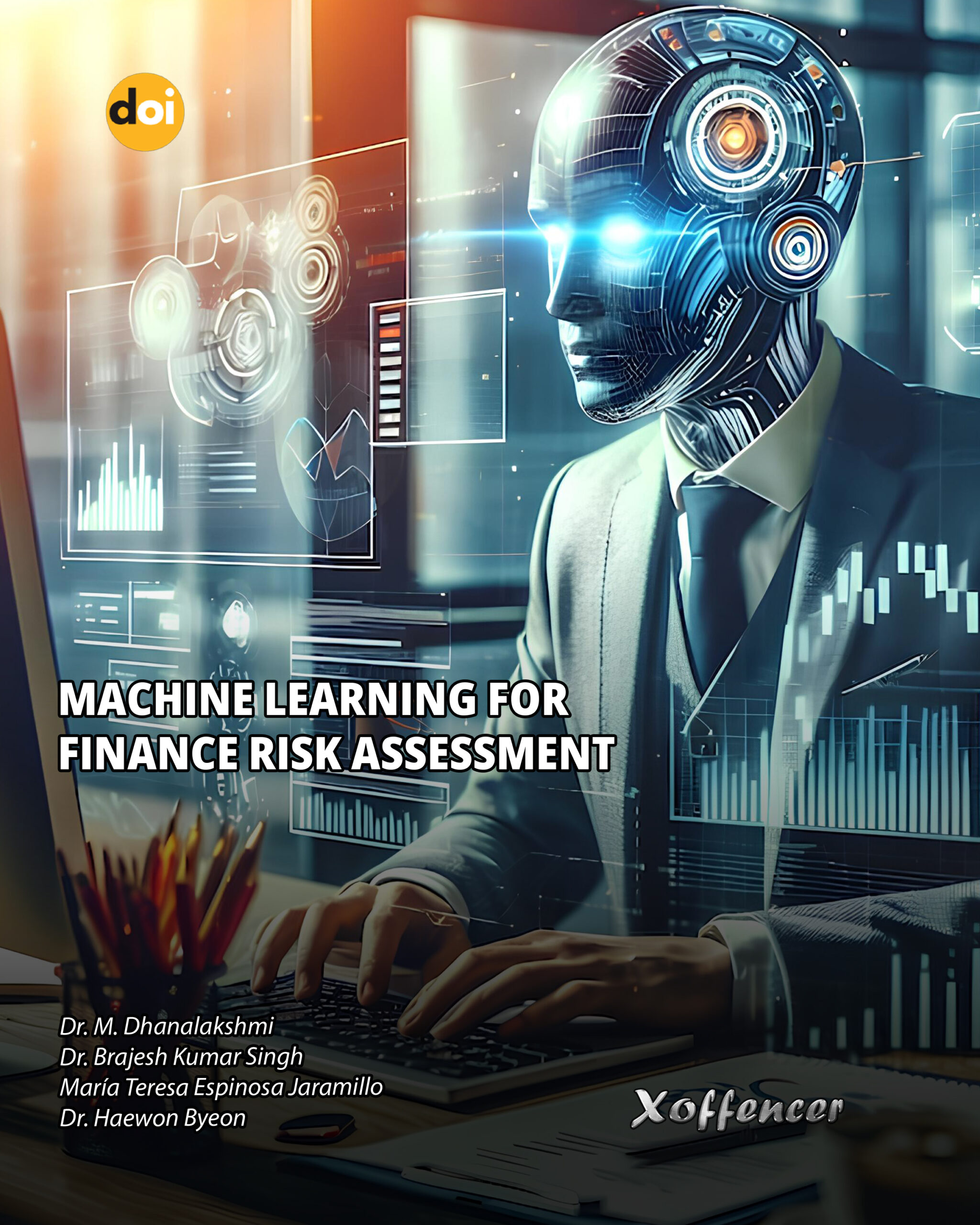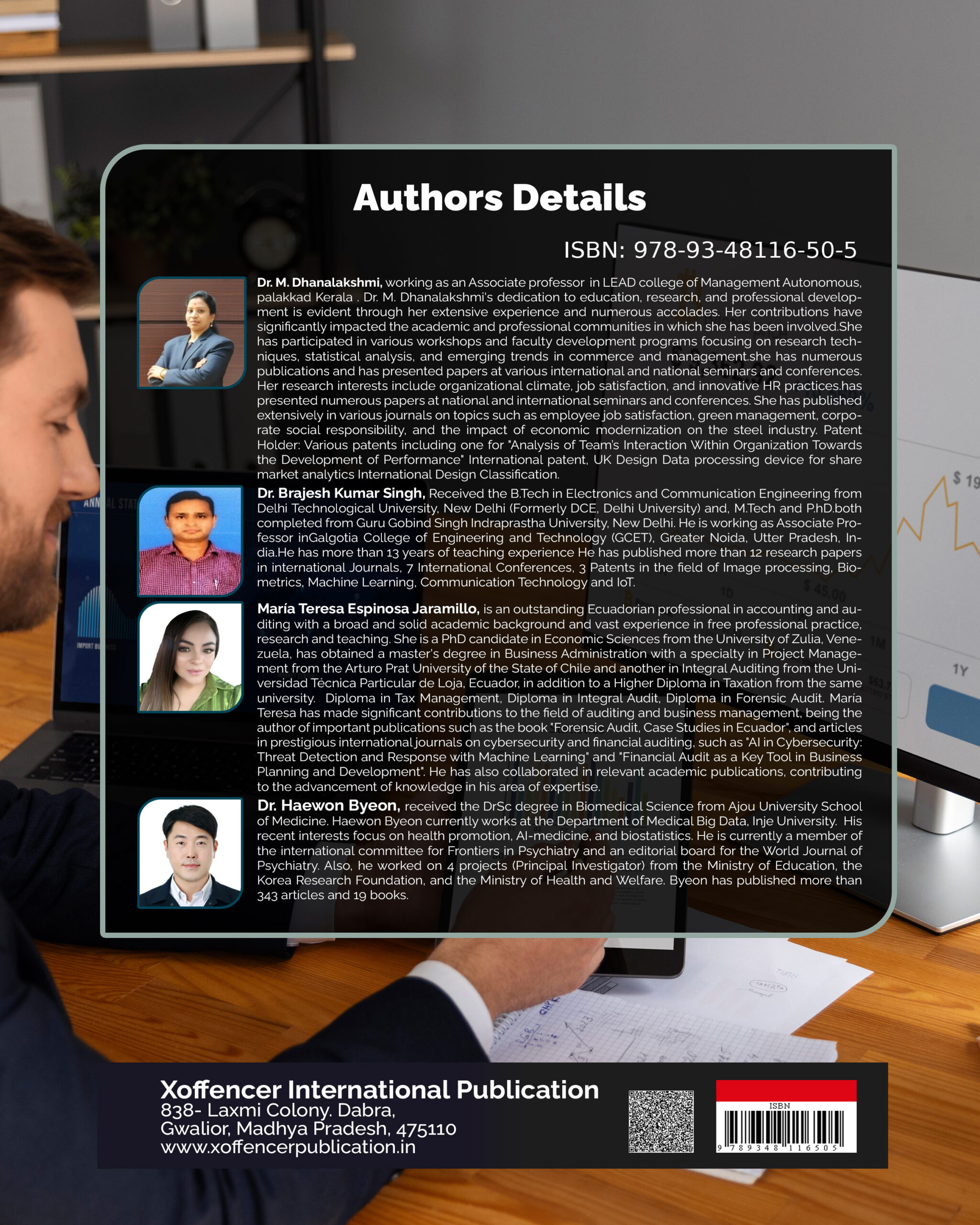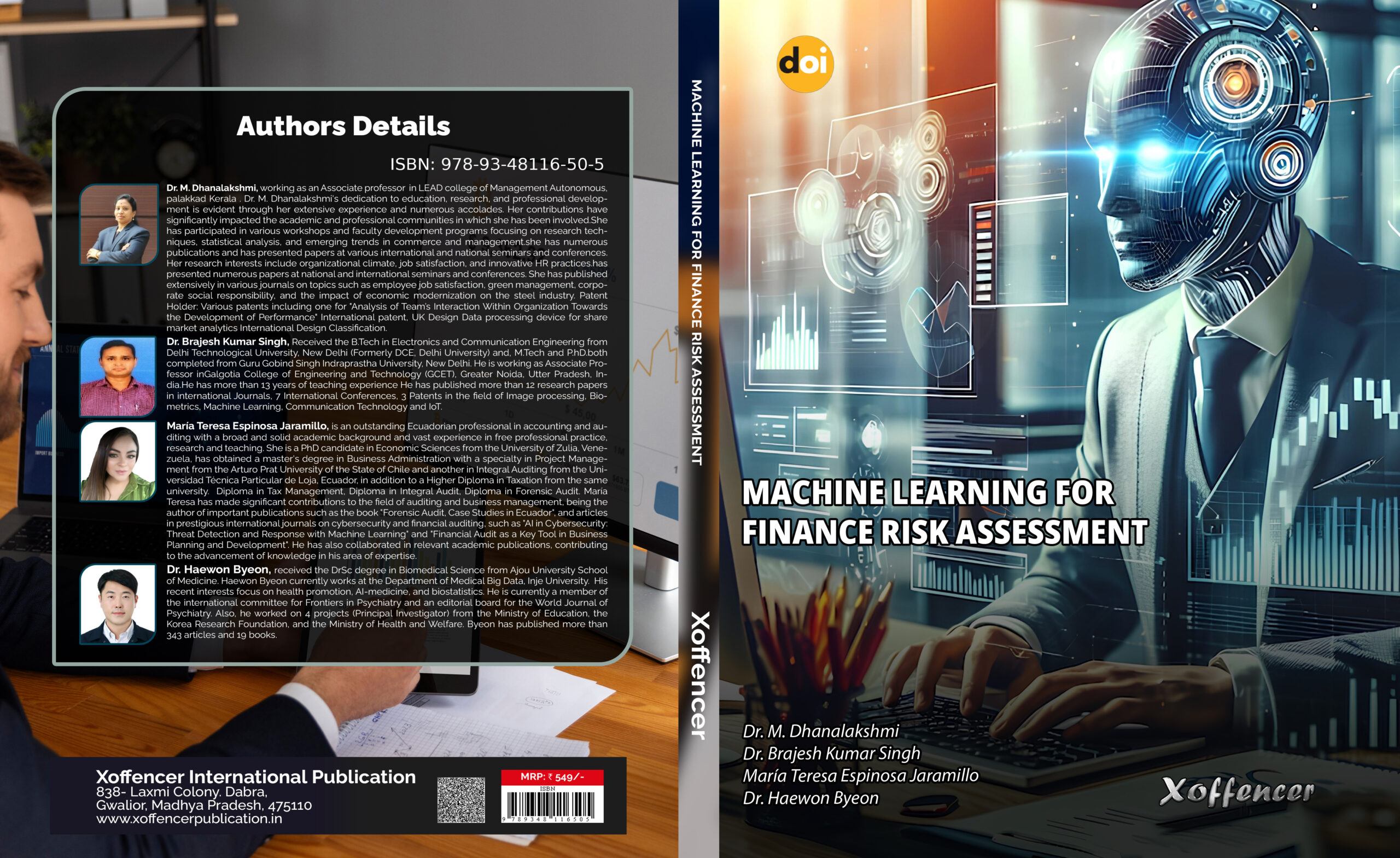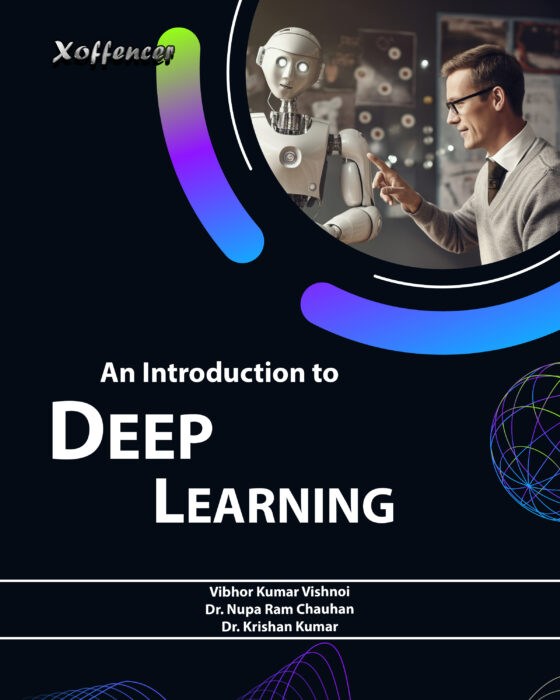Description
Machine learning has become an integral tool in financial risk assessment, offering advanced methods for analyzing vast datasets and predicting potential risks with greater accuracy. Traditional risk assessment models often rely on historical data and linear assumptions, which may not capture the complexities of financial markets. In contrast, machine learning algorithms can process large volumes of data from diverse sources, identify patterns, and adapt to changing conditions, providing a more nuanced and dynamic approach to risk management. One significant advantage of machine learning in financial risk assessment is its ability to handle unstructured data. Financial markets generate enormous amounts of data, including news articles, social media posts, and transaction records. Machine learning algorithms, particularly those employing natural language processing (NLP), can analyze this unstructured data to extract relevant information and sentiment, which can be crucial for predicting market movements and identifying potential risks. By incorporating these insights, financial institutions can enhance their risk models and make more informed decisions. Another critical aspect is the use of machine learning for anomaly detection. Financial fraud and irregularities can have severe consequences, and early detection is essential for mitigating these risks. Machine learning techniques, such as clustering and outlier detection, can identify unusual patterns in transaction data that may indicate fraudulent activity. These algorithms continuously learn and improve from new data, increasing their accuracy over time. This proactive approach helps financial institutions stay ahead of potential threats and safeguard their assets. Furthermore, machine learning enhances credit risk assessment by improving the accuracy of credit scoring models. Traditional credit scoring methods often rely on limited data points, such as credit history and income. Machine learning algorithms can incorporate a broader range of variables, including social and behavioral data, to create more comprehensive and accurate credit profiles. This leads to better risk stratification and more personalized lending decisions, ultimately reducing default rates and improving overall financial stability.












Reviews
There are no reviews yet.